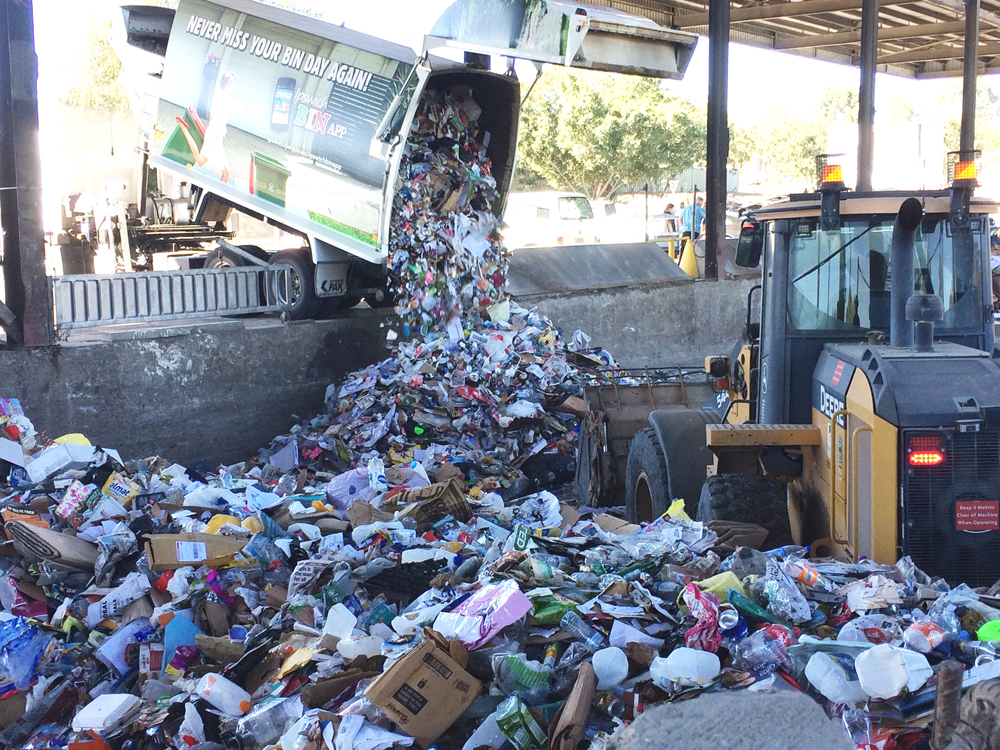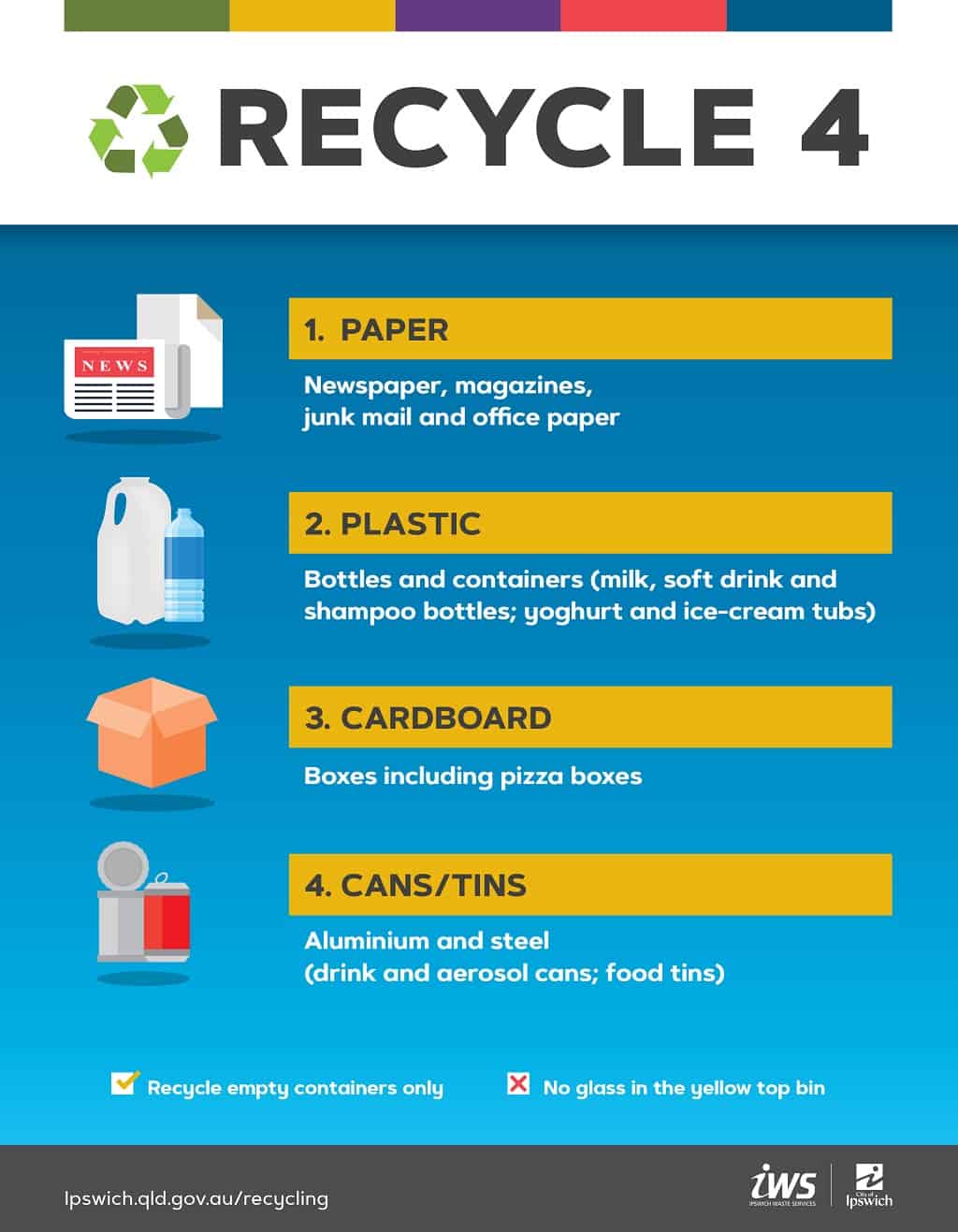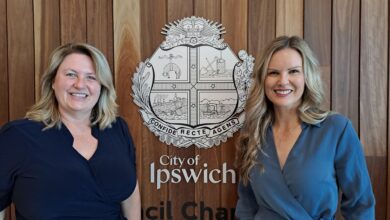
Contamination rates in Ipswich recycling bins have stayed well under 25 per cent in the past six months –and better than half the unacceptable contamination rate from early 2018.
A third and final round of council audits of yellow top bins has just been completed and the citywide contamination rate for February is an outstanding 22.3 per cent.
In June, the first audit revealed the contamination rate had been reduced from 52 per cent to 24.6 per cent.
The second round in August showed the Ipswich community had embraced council’s Recycle 4 campaign and rates were lowered further to 18.8 per cent.
Council is aiming to achieve a recycling bin contamination rate of 15 per cent or lower.
CEO David Farmer said Ipswich residents had continued to understand the importance of the Recycle 4 (paper, plastic, cardboard, cans/tins) message and taken significant steps to reduce contamination.
“We have focussed on four specific items for the recycling kerbside collection service and the vast majority of residents are responding by putting the right recyclable items in the yellow top bins. With everyone’s support, we can reduce contamination rates ever further,” he said.
“The fact that the contamination rates rose slightly again in February 2019 may mean that we need to keep reminding residents about the Recycle 4 campaign and what can and cannot be recycled.”
Council took the bold step to remove glass from the list of items that could go in the yellow top bin last year and established glass collection points across the city, in addition to the Riverview and Rosewood Recycling and refuse centres.
Mr Farmer said the latest audit figures showed the volume of glass in the recycling bins had decreased by about 62 per cent over the past eight months.
“This is very significant and can be attributed to the Recycle 4 campaign,” he said.

Council has been responding proactively since the fallout from the China National Sword Policy that came into effect at the beginning of 2018, when most recyclables were no longer accepted by China.
The introduction of that policy had an impact on recycling in Ipswich, where there was no international market for recyclables and Ipswich was not able to recycle for a short period of time.
“Since that time, Ipswich has established a strong recycling campaign and has managed to reduce contamination in the yellow-top bin substantially,” Mr Farmer said.
But there was still room for improvement with our recycling practices.
The February audit revealed the list of contaminates in the household recycling stream. Of the 22.32 per cent total contamination rate, and listed from highest to lowest, are the following contaminants::
- Food/kitchen 24.2 per cent
- Other plastic 16.2 per cent
- Textiles 8.6 per cent
- Glass fines 1 per cent
- Bagged garbage 5 per cent
- Nappies 4 per cent
- Disposable paper product 3 per cent
Food/kitchen waste was observed to be the largest contributor to the contamination of the kerbside recycling stream which can be easily avoided. Council offers a green waste service that can take food waste along with green garden waste.
Other significant materials, by mass, included other plastic and textiles/rags.
“Interestingly, the percent of Container Refund Scheme (CRS) eligible glass volumes in the recycling has dropped by approximately 24 per cent over the same time and we would expect that this percentage to increase over time as people become more aware of the State Government’s CRS program, which operates here in Ipswich,” Mr Farmer said.
To get a green waste bin for your household, contact council on 3810 6666.
Also read:
>> How to turn your containers into cash
>> Worm farms and compost: What you need to know
>> How to reduce your waste and live more sustainably
>> Ipswich joins with councils to explore new waste management options

